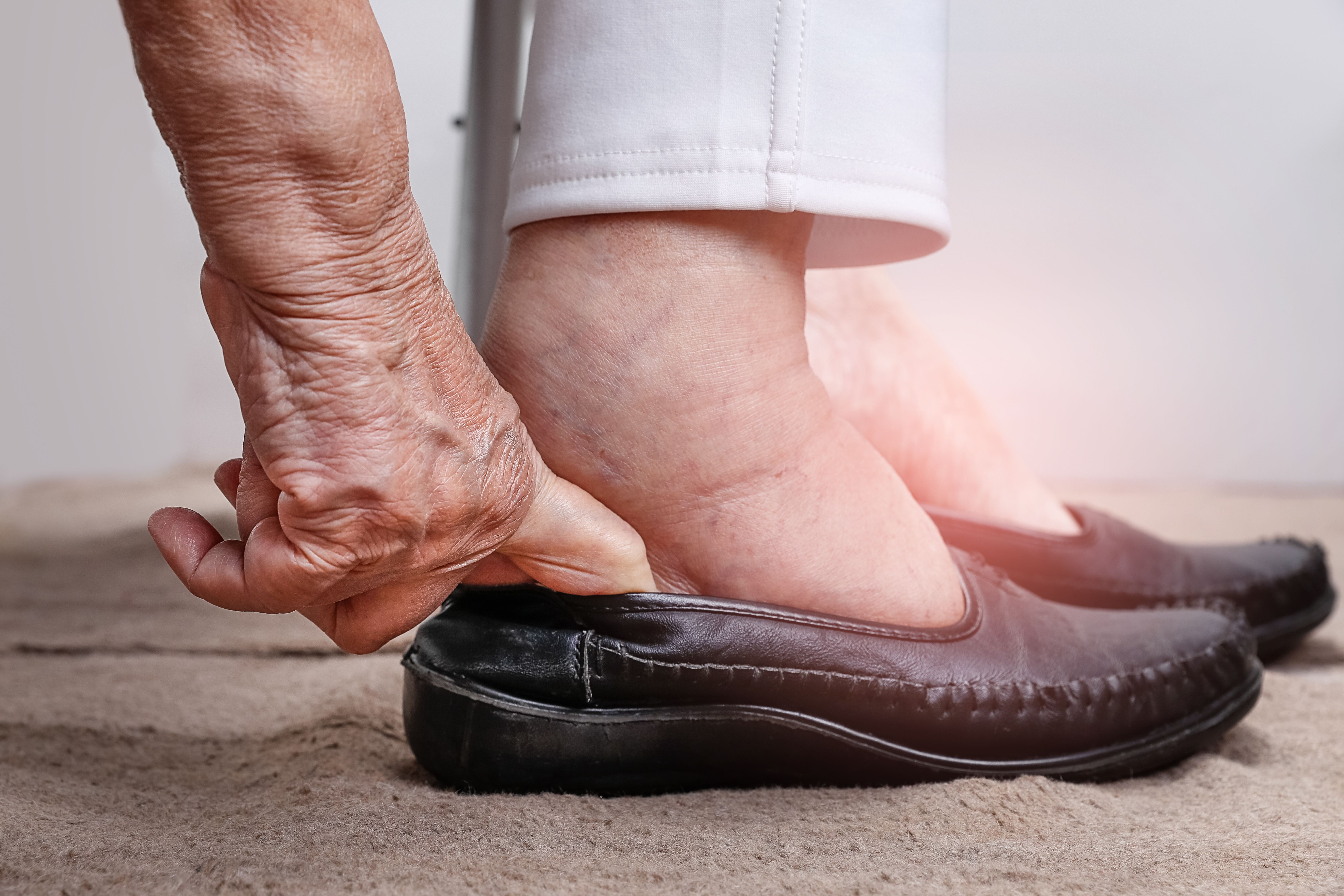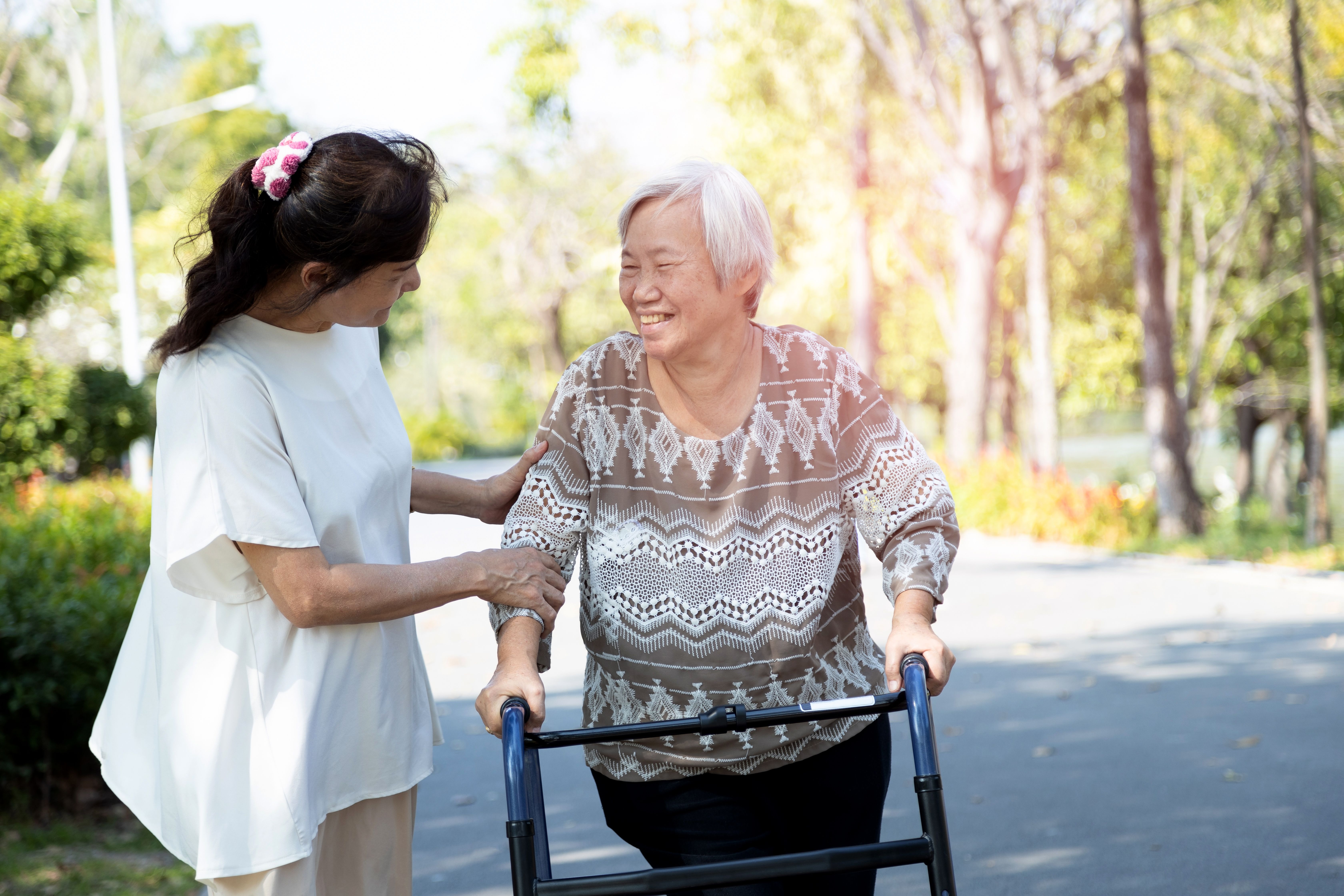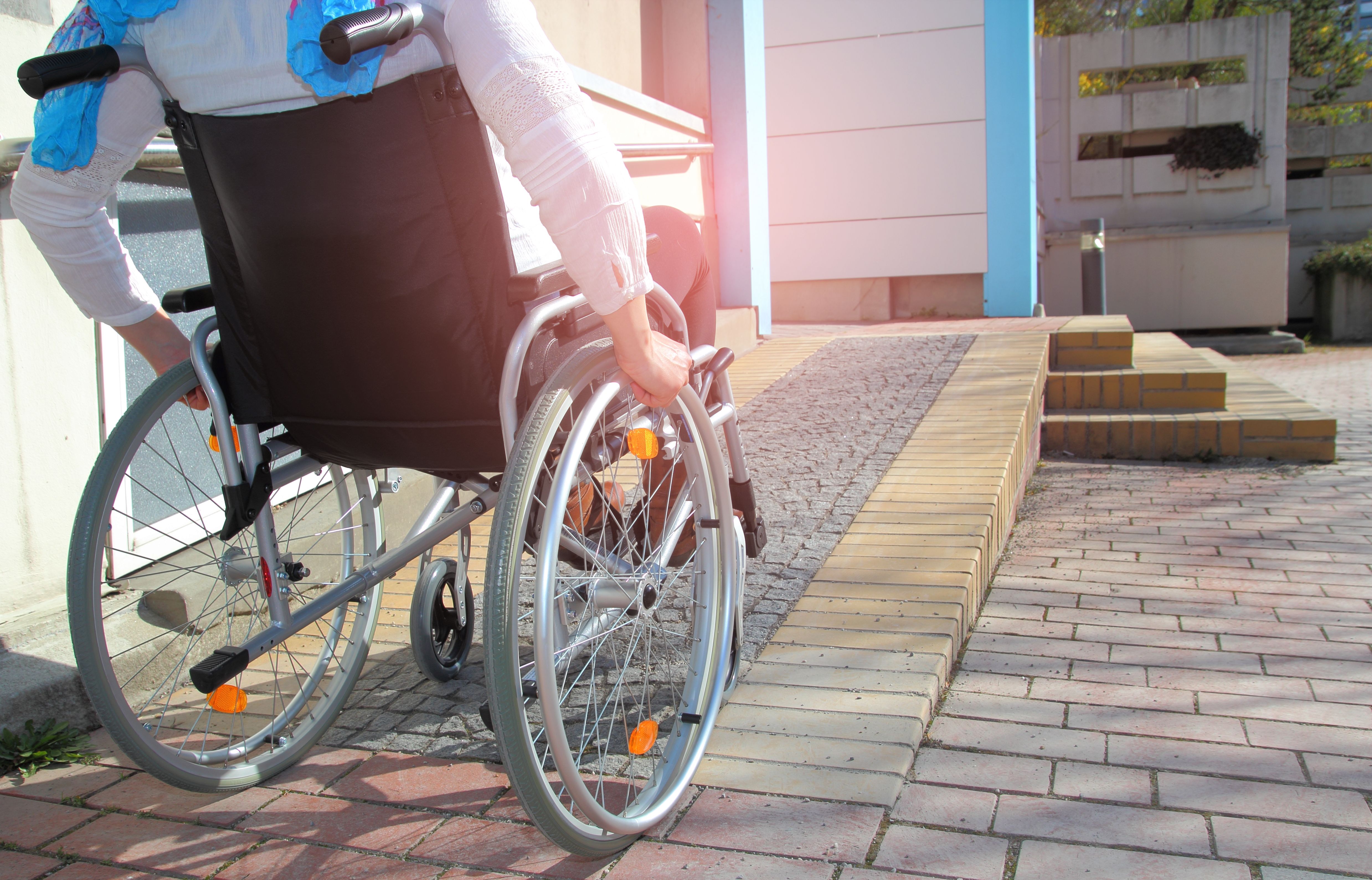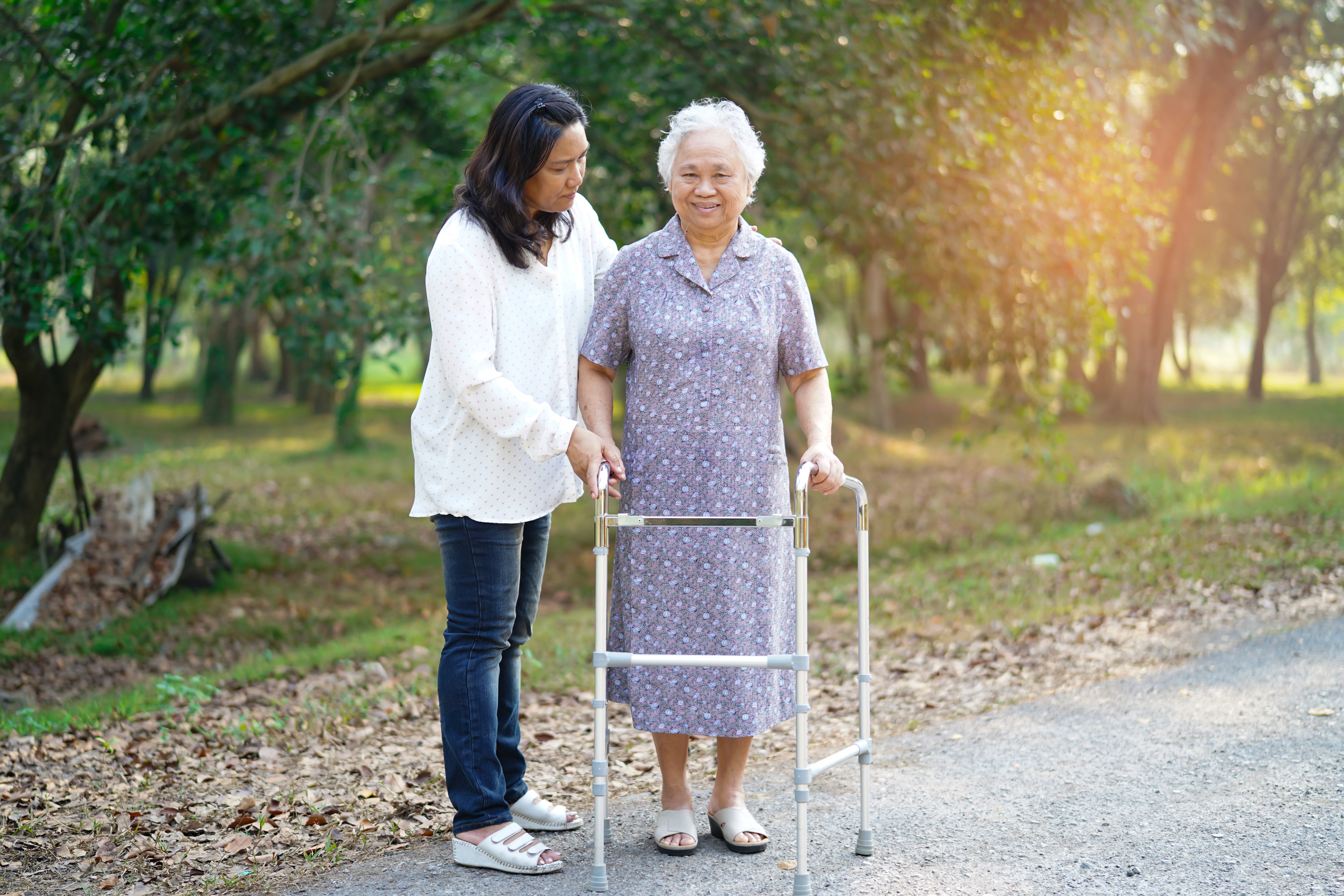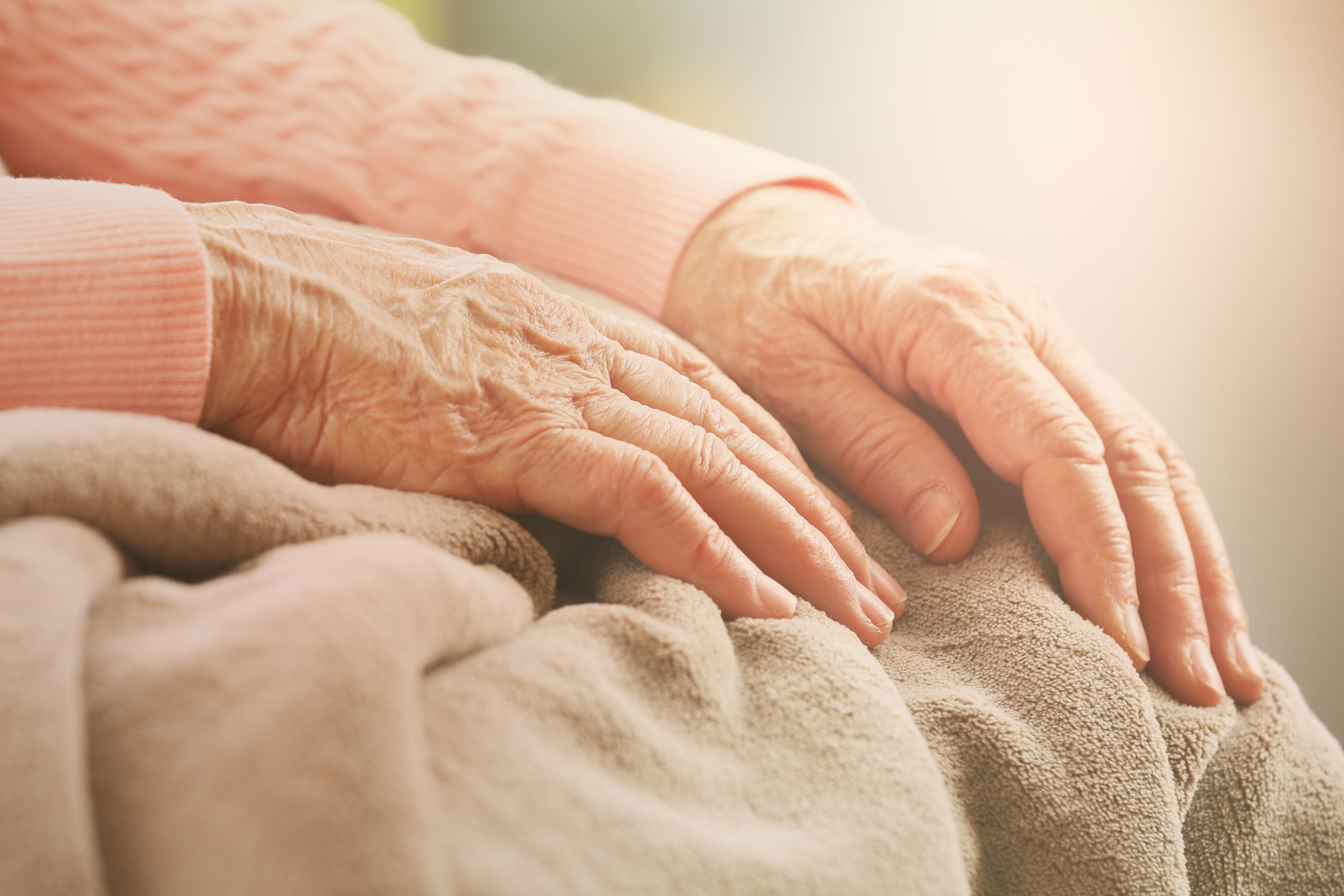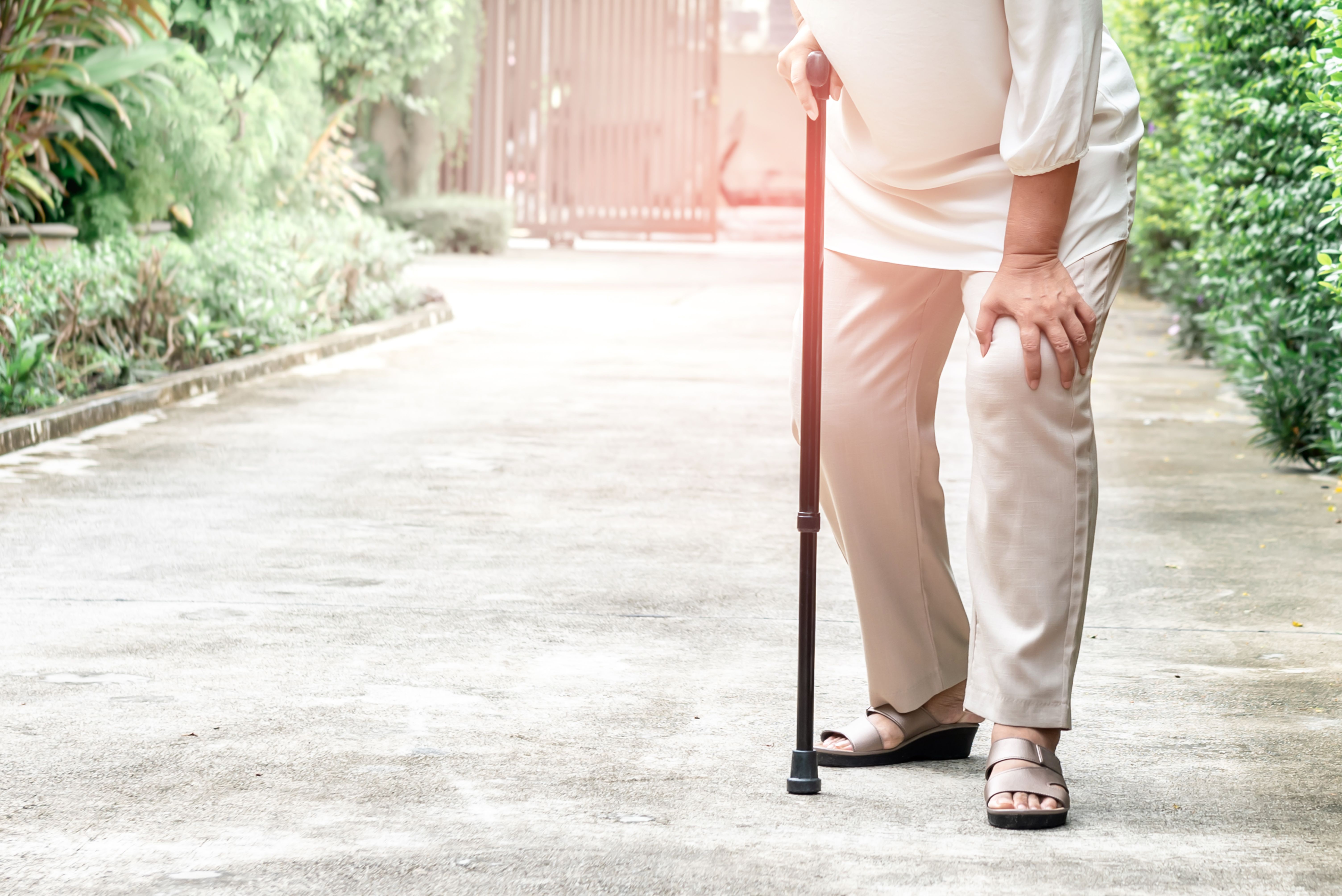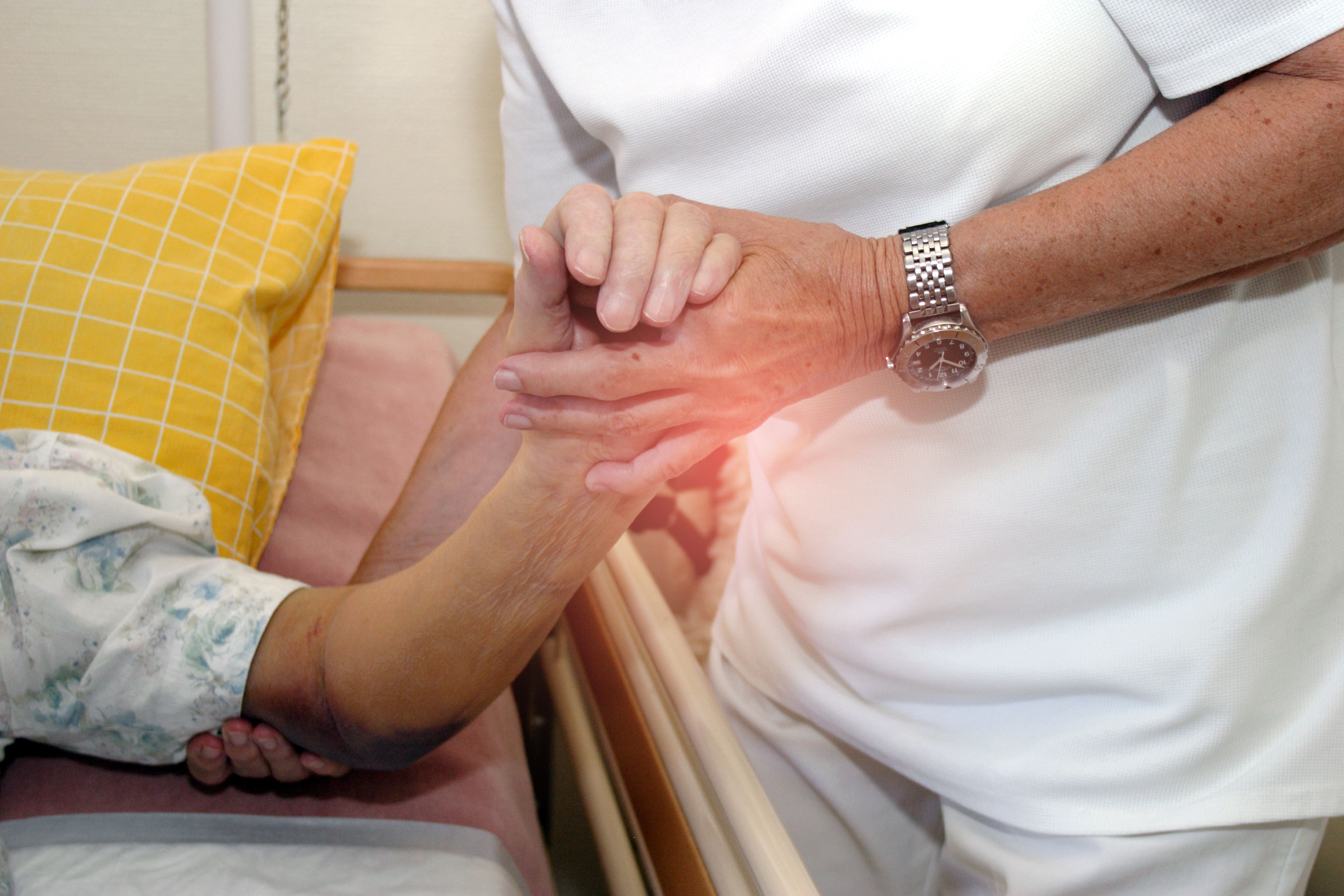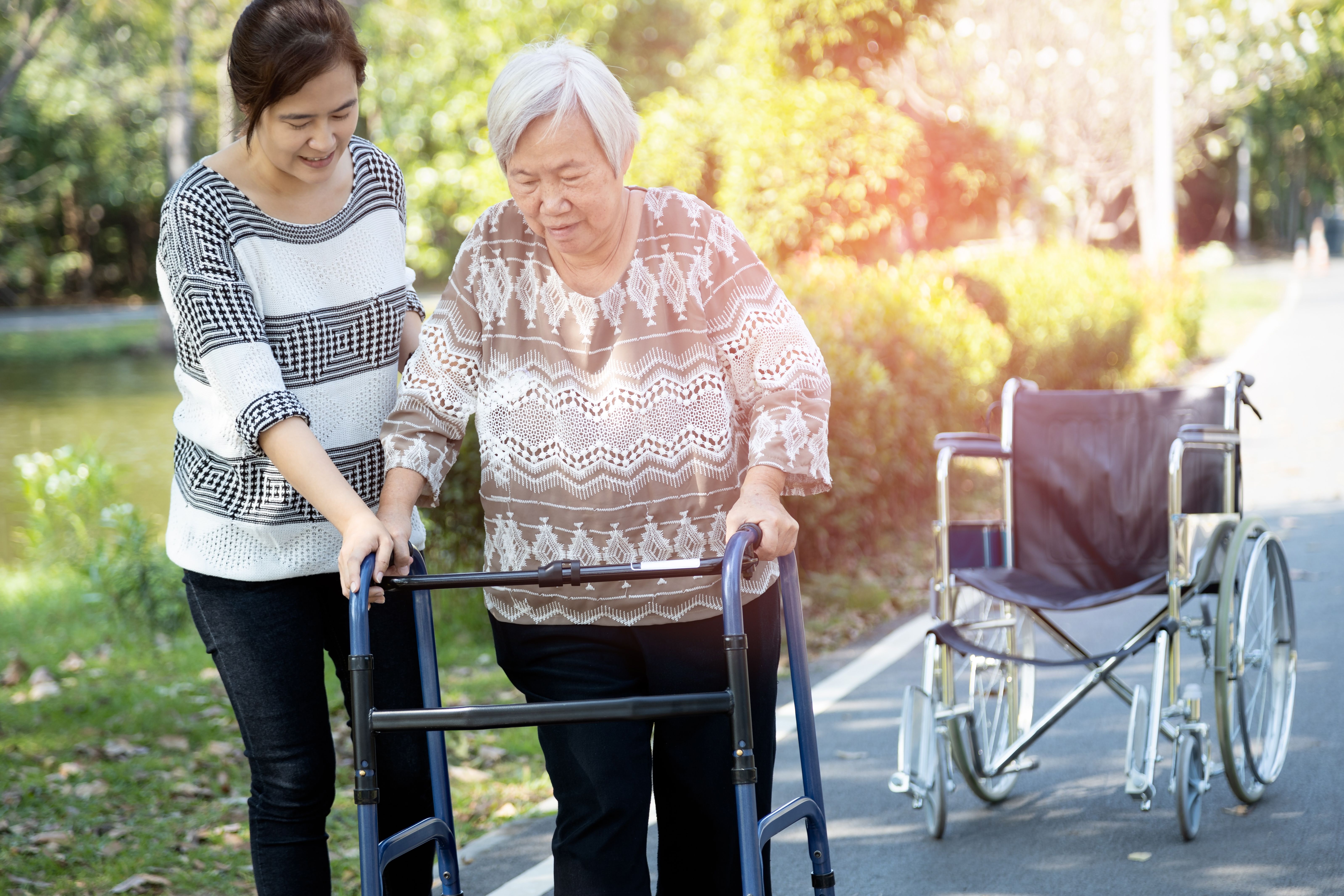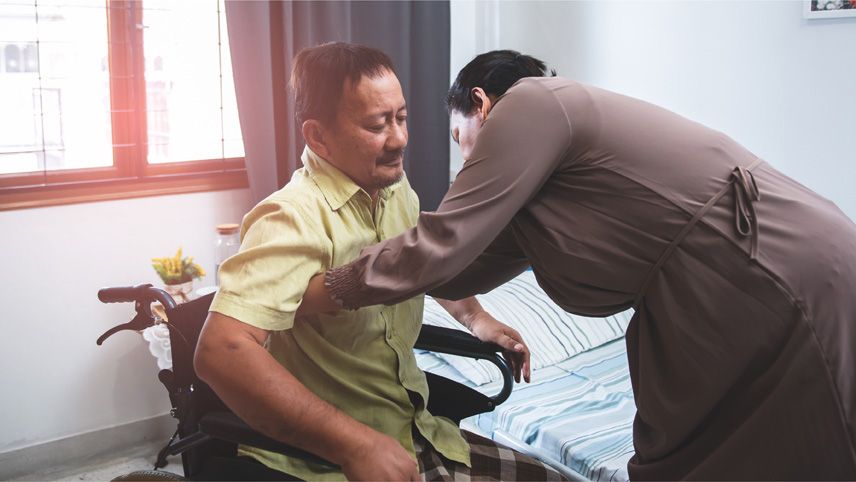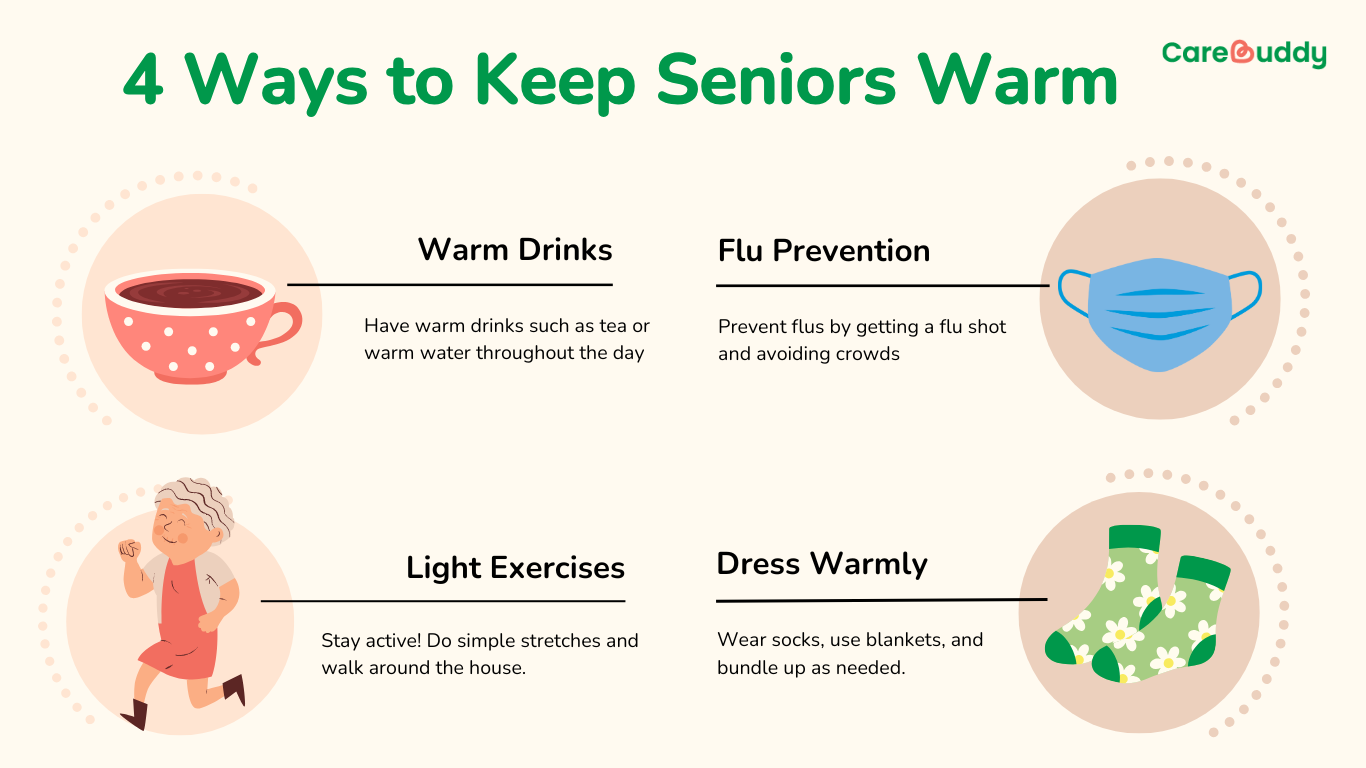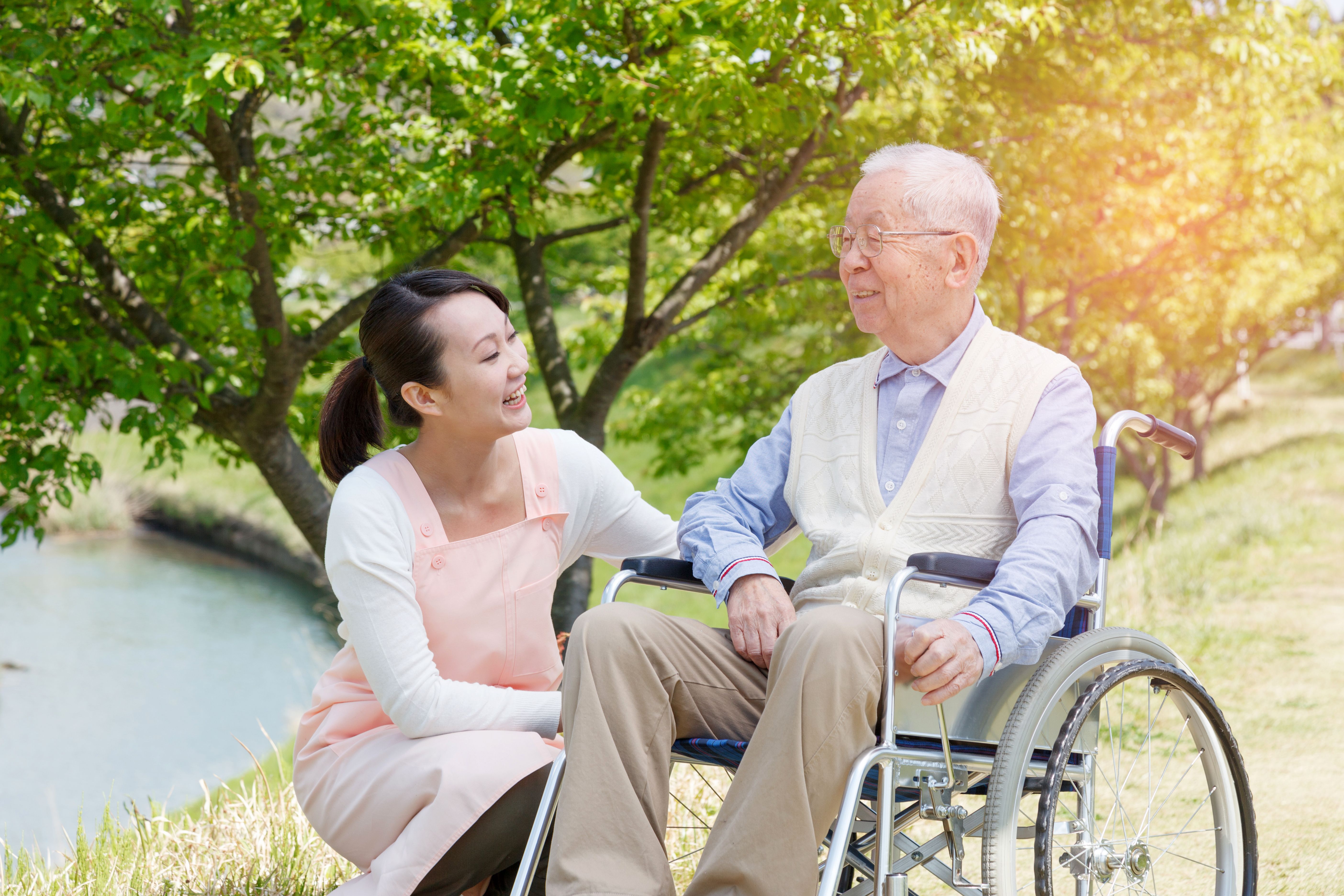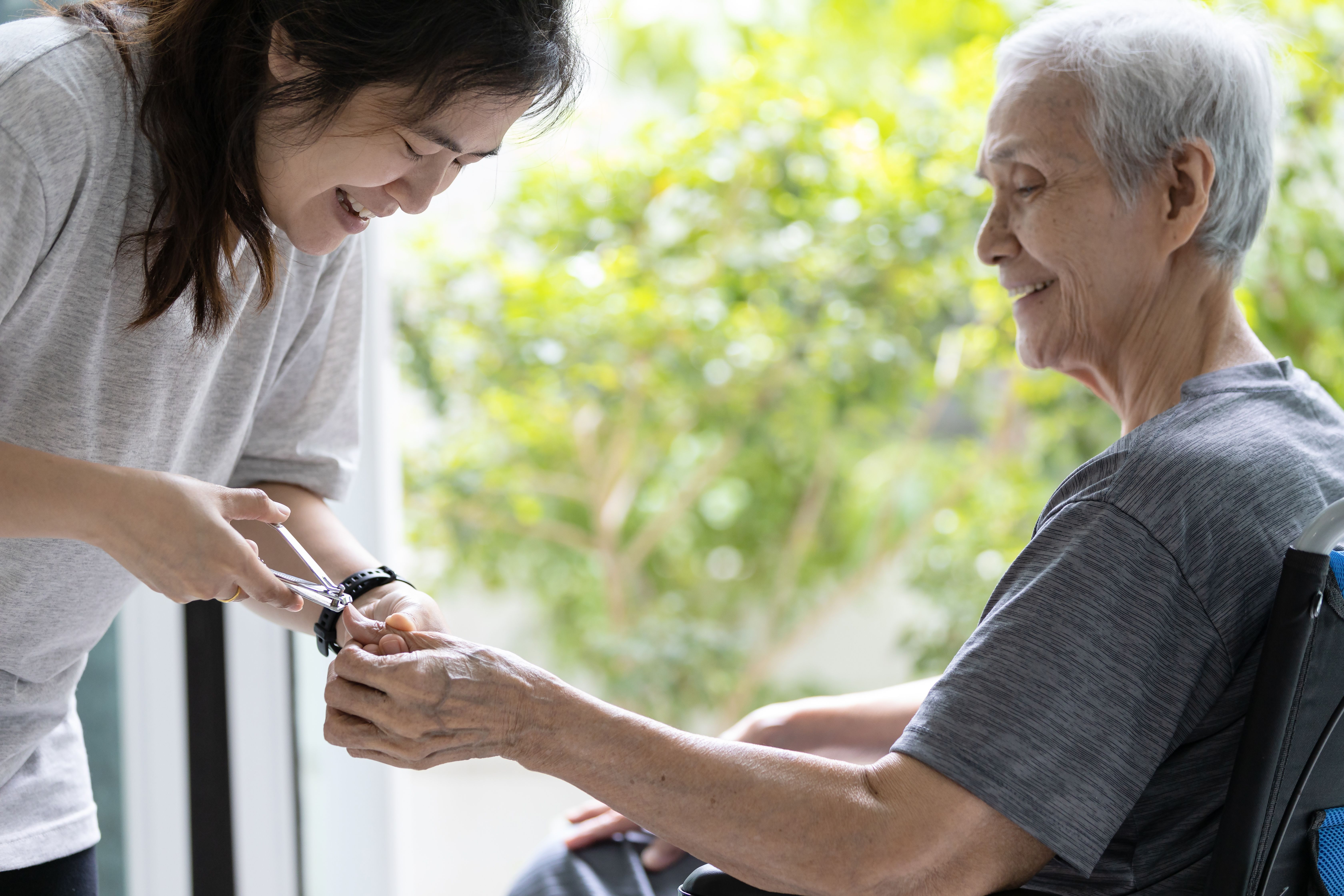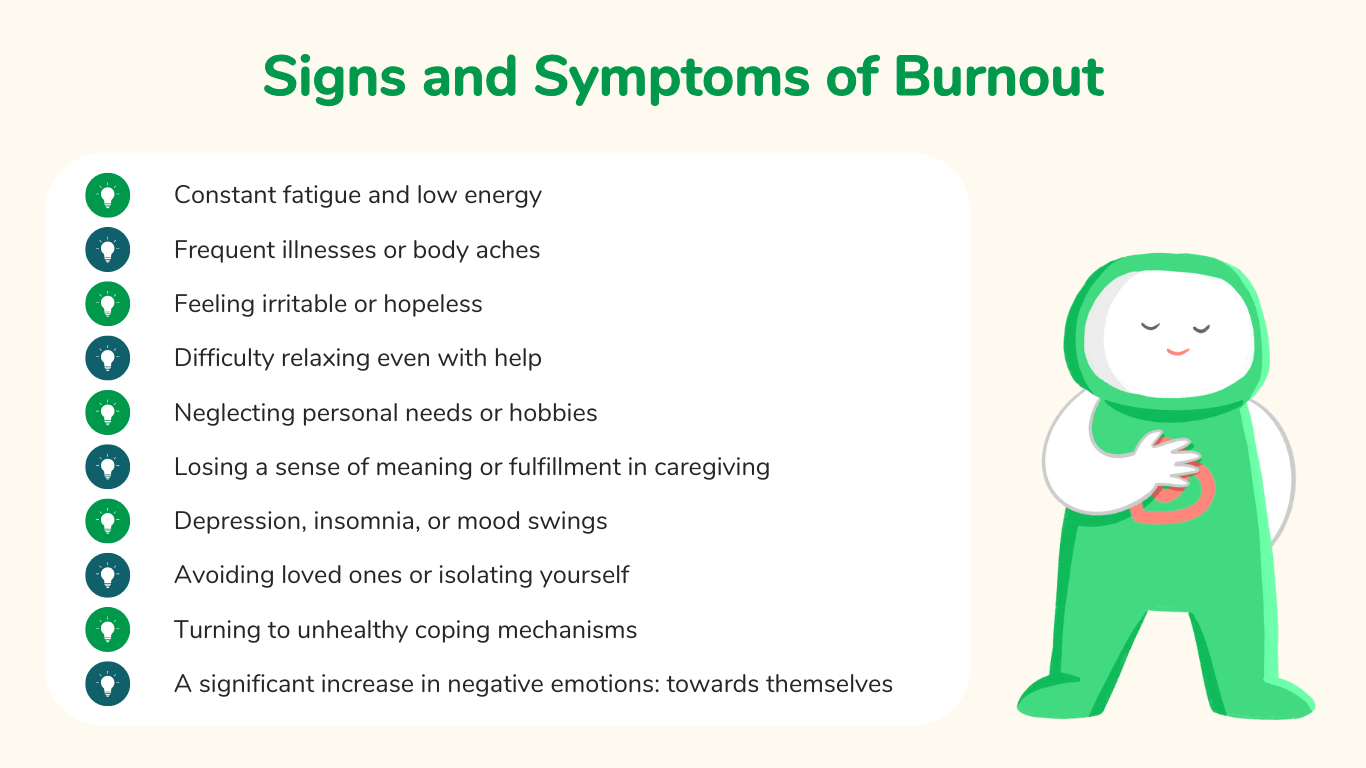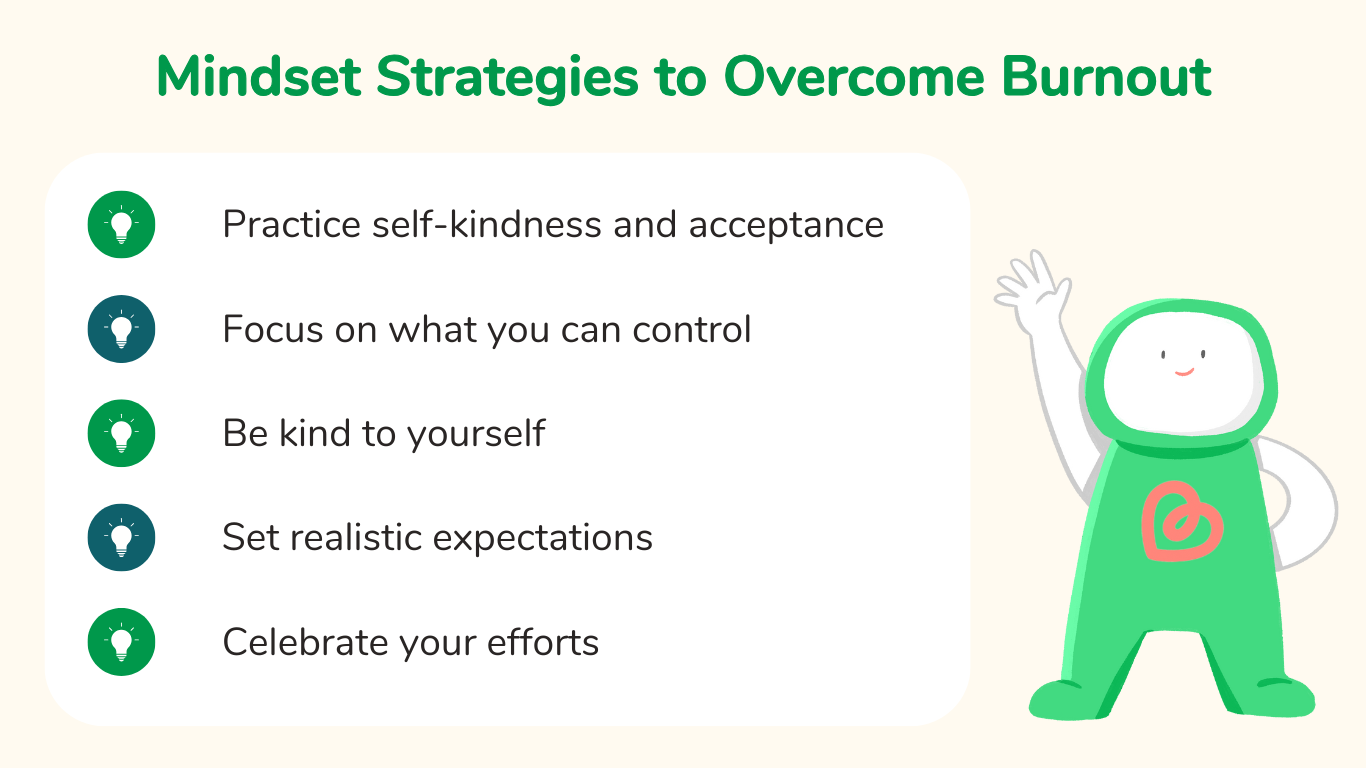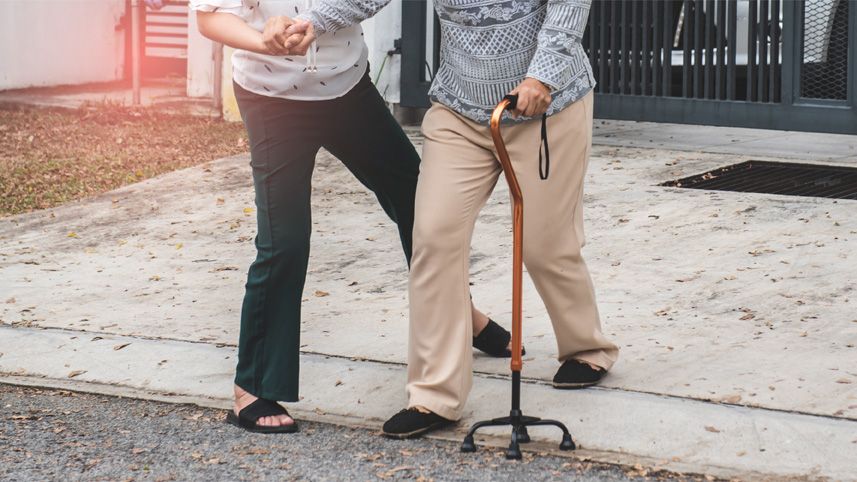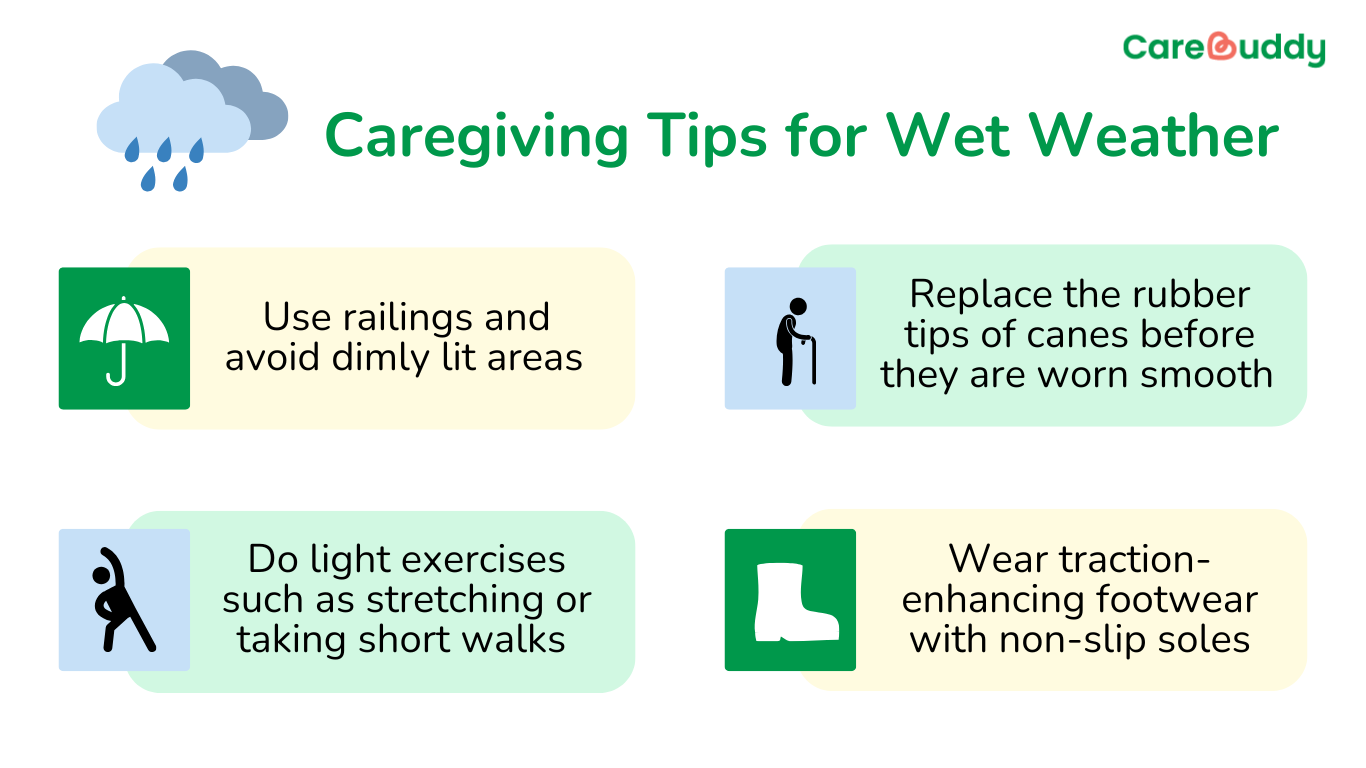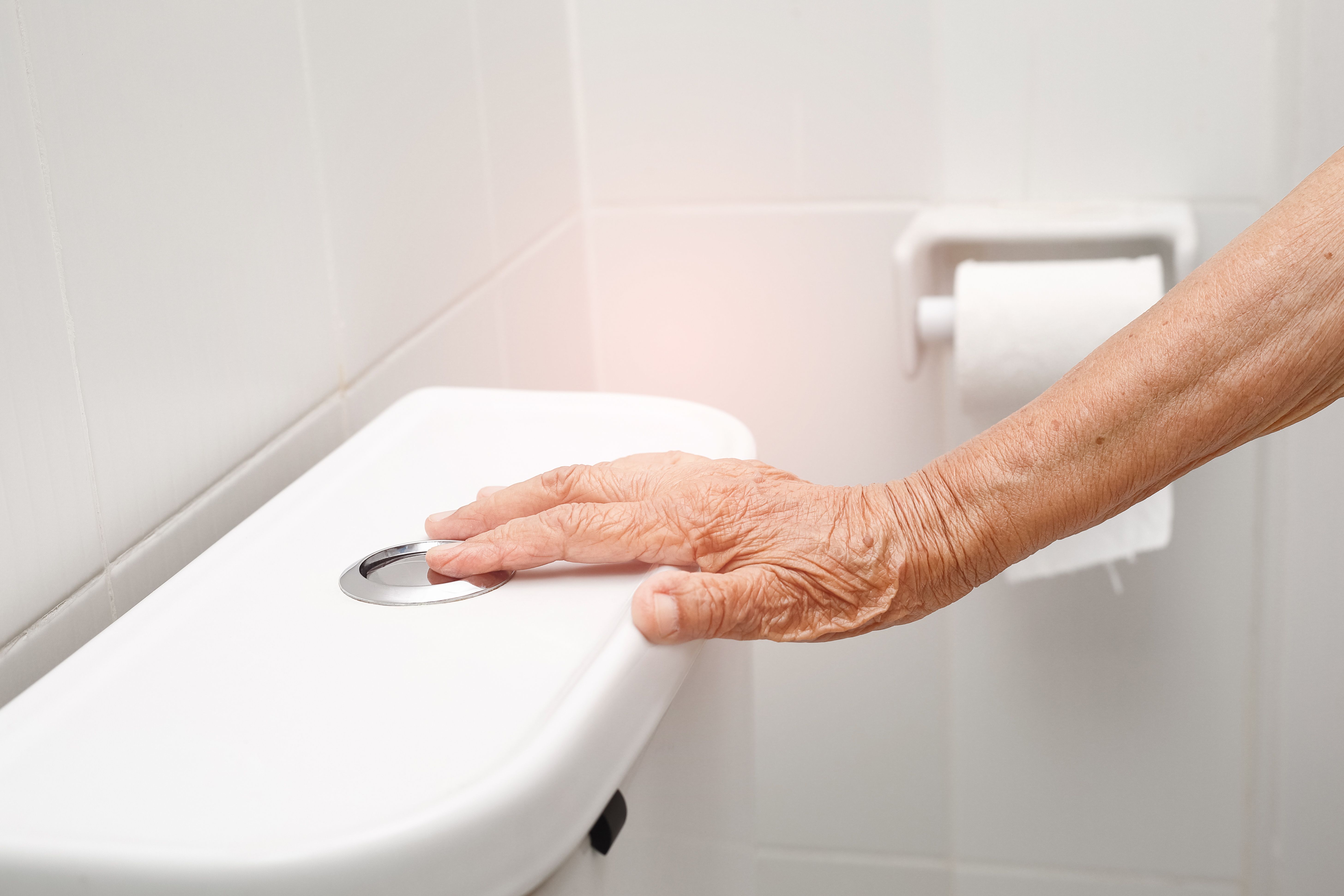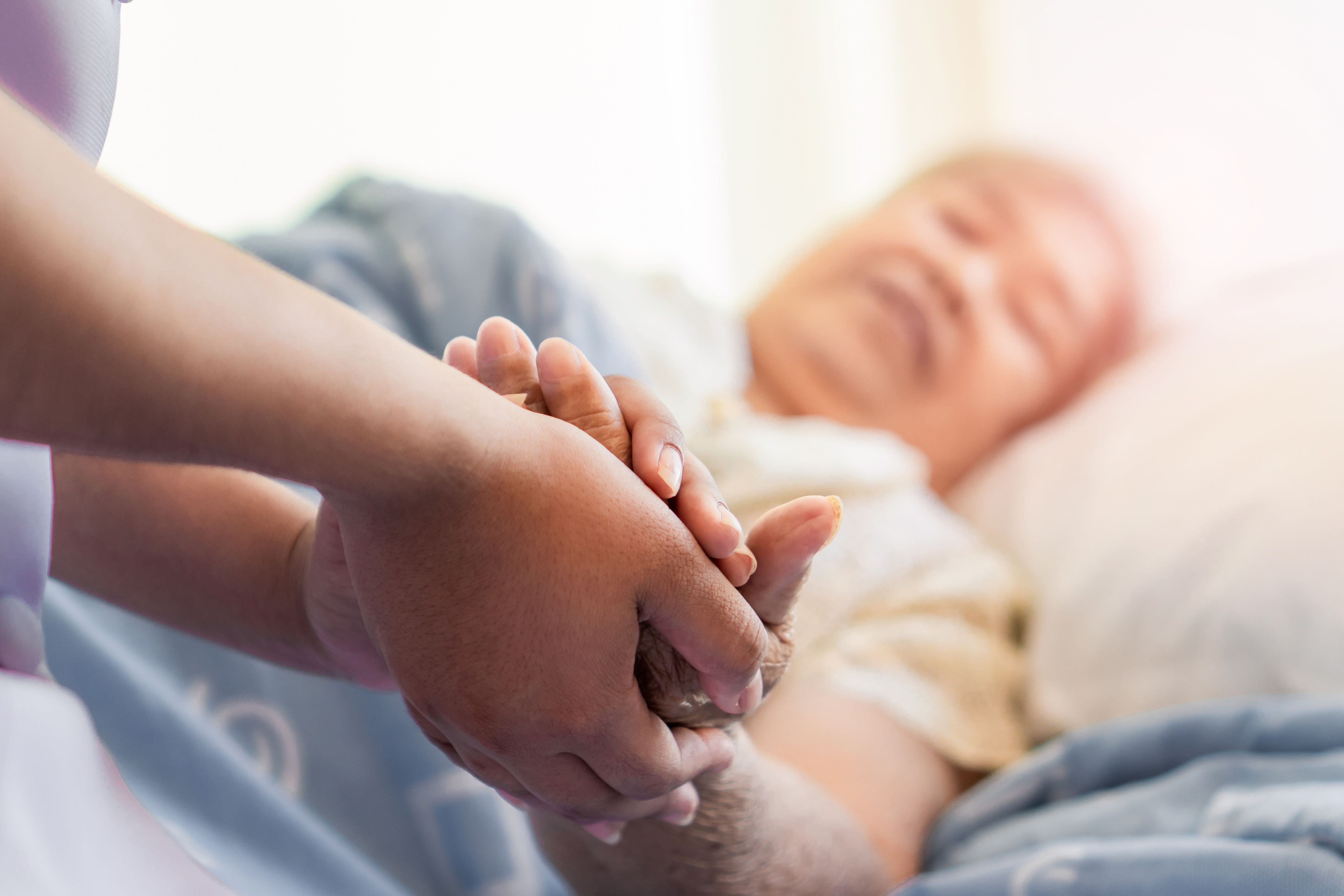Here’s how you can care for someone with obesity
- CareBuddy
- 4 Mins Read
- 20 Sep 2022
- Obesity

Caring for a loved one involves physical and mental challenges regardless of the condition. But when the care receiver experiences obesity in addition to another condition, the challenges become two-fold.
These challenges include
- Mobility issues: An obese care receiver is less able to move freely on their own (including basic movements like standing up, sitting down and walking) and may require additional support from the caregiver.
- Danger of falls: Care needs to be taken by both caregiver and care receiver to ensure that an obese care receiver has fewer falls. Simple steps like installing handrails on staircases and bed rails to facilitate getting up from and onto beds can prevent falls.
- Respiratory issues: An obese care receiver may find it harder to breathe due to the lungs being compressed and the lung muscles losing some strength.
- Gastrointestinal (GI) issues: Several GI issues can affect an obese care receiver, including gastroesophageal reflux disease, esophageal cancer, gallstones and pancreatic cancer.
- Bone health: Obesity can reduce bone density and increase the risk of fractures. It has also been associated with increased likelihood of osteoporosis and knee osteoarthritis.
- Skin issues: Several skin conditions like psoriasis, dermatitis and fungal infections can be aggravated by obesity.
- Self-esteem: The psychological impact of obesity on a care receiver is an important factor the caregiver needs to consider while caring for them.
You can help a care receiver manage their obesity in the following ways:
- Ensure healthy eating habits. Try to make their daily calorie intake lower than their daily calorie usage. Reduce fatty, oily, fried foods and sugary drinks. Consult a nutritionist or dietician for professional advice if necessary.
- Facilitate physical activities such as exercise (within their limits) that can help reduce obesity or at least prevent it from progressing further. Start with activities the care receiver is comfortable with (e.g. taichi) and progress to slightly more advanced activities (e.g. brisk walks) if they are able to do so. Aim for 150 to 300 minutes of exercise per week, increasing step by step over several weeks and months.
- Prevent possible injuries by helping them carry heavy items, performing household tasks for them and reducing hazards around the house like wet floors and staircases without handrails.
- Try to expand their social circles so that they avoid low self-esteem, depression and other possible psychological impacts of obesity.
- Recognise the warning signs of other medical complications arising from obesity (e.g. gastrointestinal, respiratory, bone) and ensure timely treatment at an early stage of those complications.
Not everyone with obesity can successfully bring their weight into a healthy range. But everyone with obesity can take simple steps to manage it. Caregivers have an important role in ensuring that they do so and continue to enjoy a high quality of life.
Article reviewed by Dr Kenneth Koh Eu Min, Medical Director and Co-founder, OneCare Medical.




